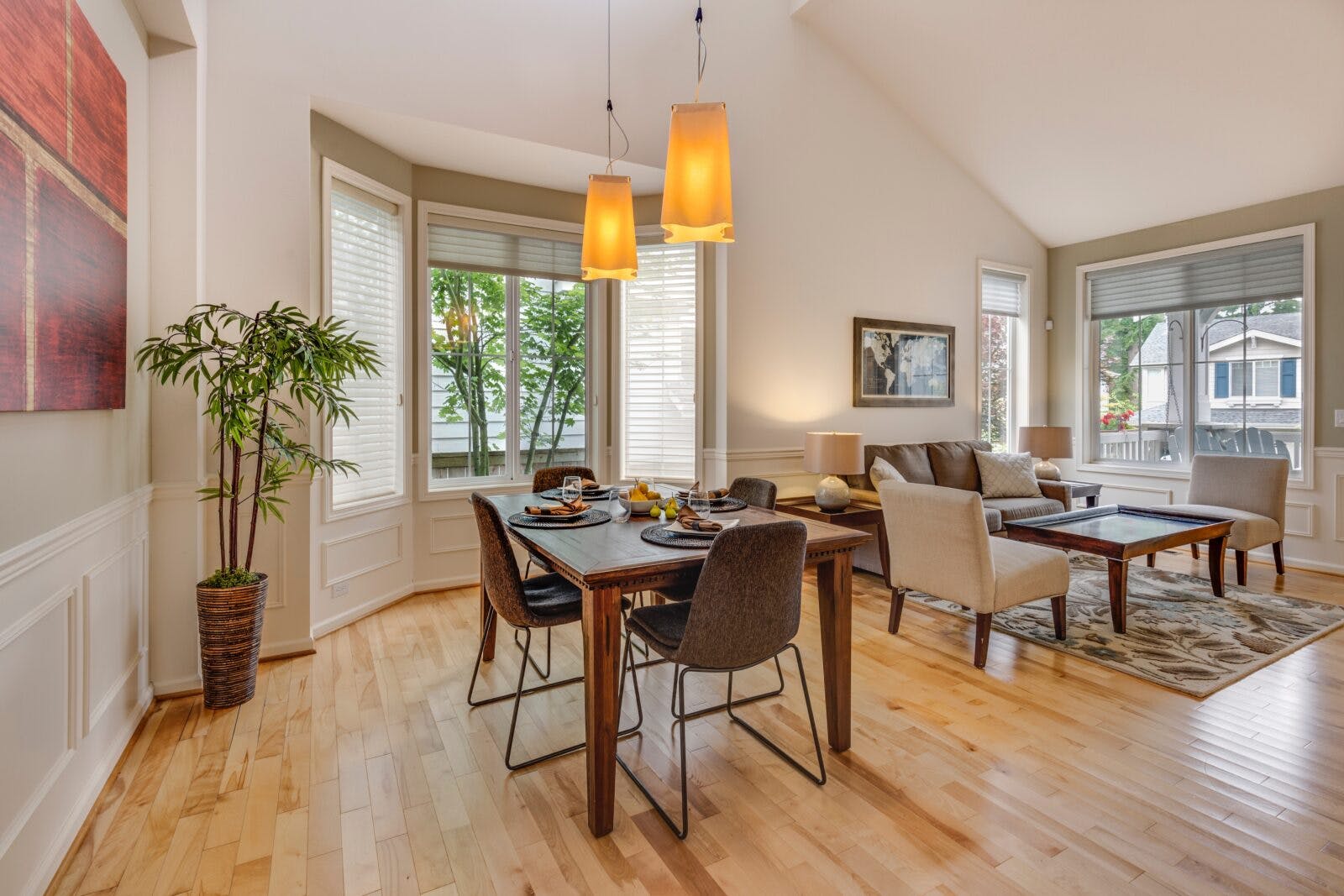When attending an open house for a property you are interested in, it’s important to approach it with a discerning eye to gather as much information as possible. Here are some tips on how to look at an open house:
- Prepare in Advance: Before attending the open house, do your research on the property, its location, and the current real estate market. Familiarize yourself with the property details, such as the listing price, features, and any disclosures. This will help you ask informed questions and make meaningful observations during the open house.
- Take Notes and Photos: Bring a notebook or use your smartphone to take notes and photos during the open house. Note down any features, finishes, or issues that catch your attention. Take photos to help you remember the layout, condition, and unique aspects of the property.
- Assess the Exterior: Start by evaluating the exterior of the property, including the curb appeal, condition of the roof, siding, windows, and landscaping. Look for any signs of damage, deferred maintenance, or potential issues that may require repair or replacement.
- Inspect the Interior: Walk through the interior of the property and inspect each room carefully. Look for any signs of water damage, mold, cracks, or other structural issues. Check the condition of walls, ceilings, floors, and fixtures. Test appliances, switches, outlets, and plumbing fixtures to ensure they are in working order.
- Pay Attention to Details: Look for any signs of poor craftsmanship, DIY repairs, or other quality issues. Pay attention to the condition of doors, windows, cabinets, countertops, and flooring. Assess the storage space, closet size, and overall functionality of the layout.
- Check for Safety Features: Evaluate the presence and condition of safety features, such as smoke detectors, carbon monoxide detectors, fire extinguishers, handrails, and security systems. Ensure that the property meets safety requirements and codes.
- Ask Questions: Take the opportunity to ask the listing agent or the seller’s representative any questions you may have about the property. Inquire about the age of major systems, recent repairs or renovations, utility costs, property taxes, and other relevant information that can help you make an informed decision.
- Consider the Surroundings: Take note of the neighborhood and surrounding area. Consider factors such as proximity to schools, parks, public transportation, amenities, and potential noise or traffic issues. Evaluate the overall appeal and suitability of the location for your lifestyle.
- Trust Your Instincts: Pay attention to your gut feeling about the property. If something doesn’t feel right or raises red flags, it’s important to take note of it and investigate further before making any decisions.
- Take Your Time: Spend sufficient time at the open house to thoroughly assess the property. Don’t rush and take your time to carefully observe and evaluate all aspects of the property.
Remember, an open house is an opportunity for you to gather information and assess the property, but it’s not a substitute for a professional inspection or due diligence. It’s recommended to work with a qualified real estate agent and other professionals to conduct a thorough evaluation of the property before making any purchasing decisions.


